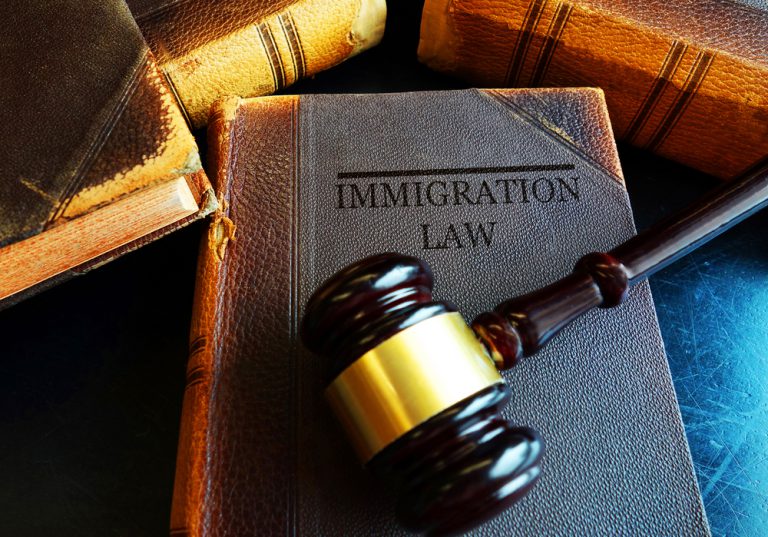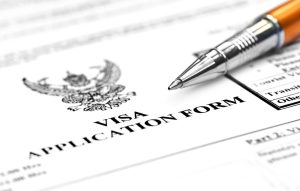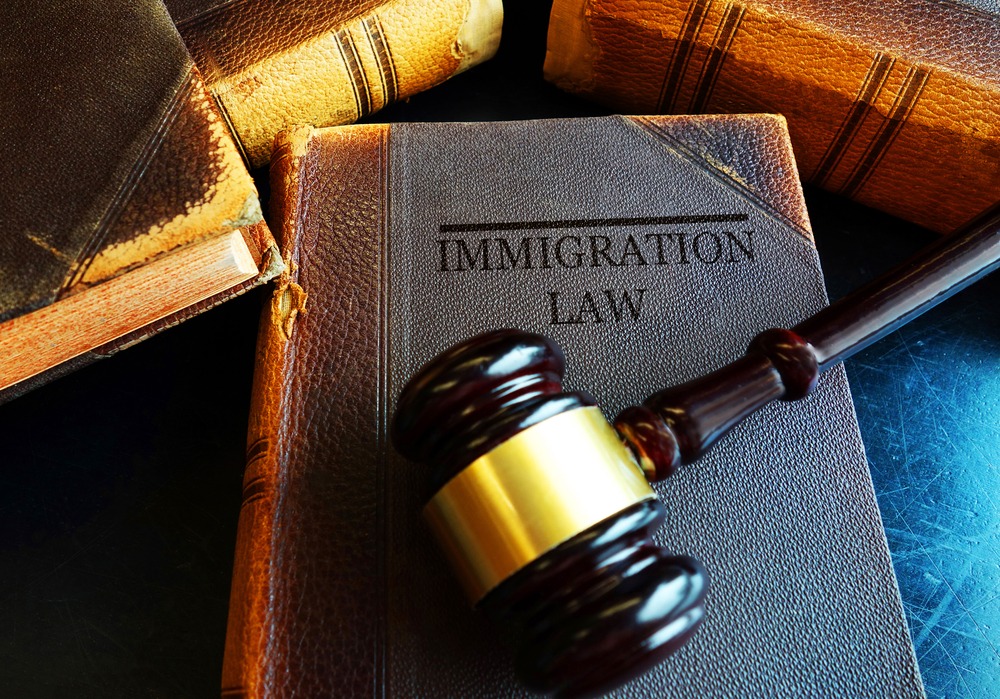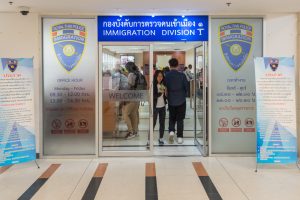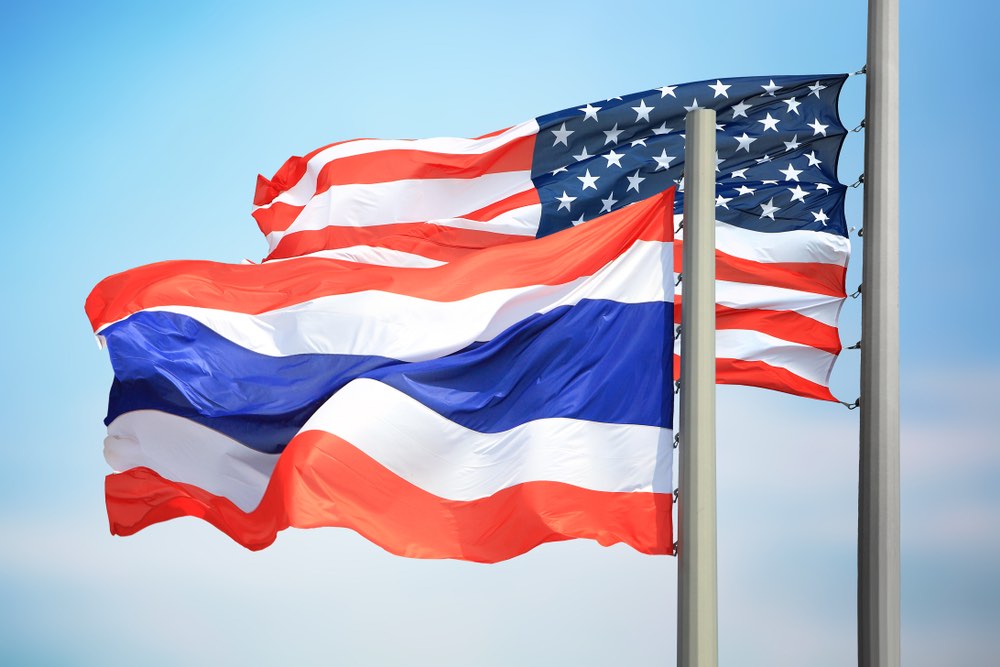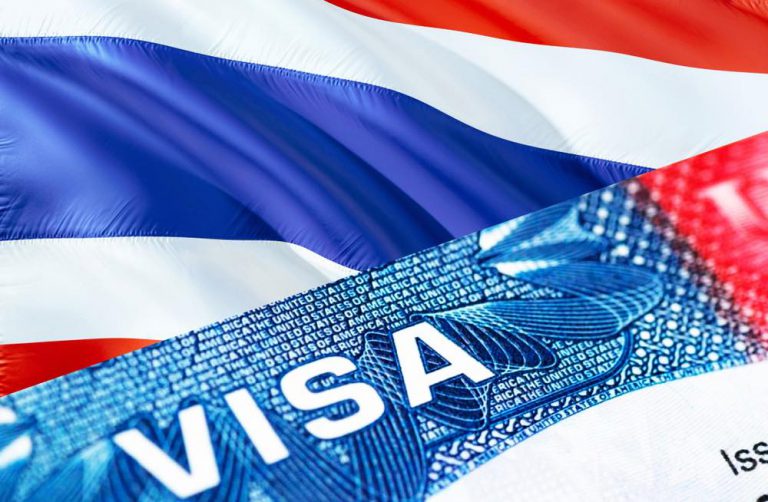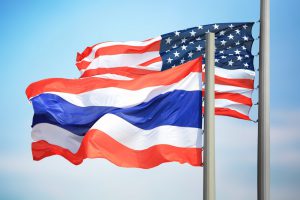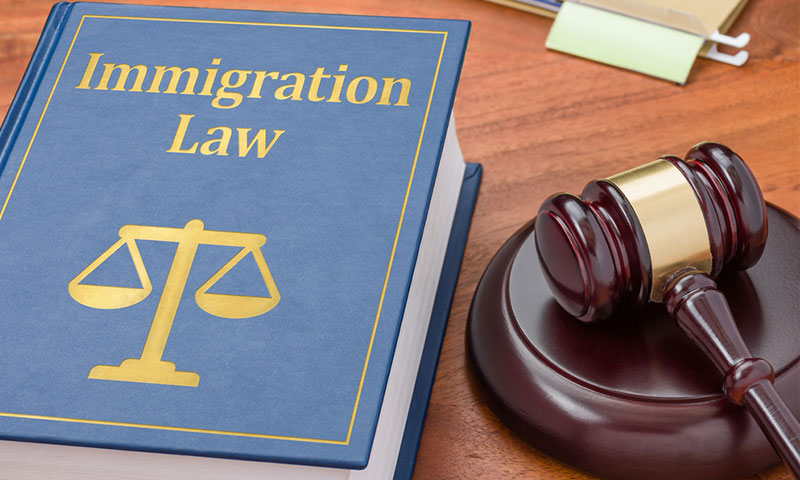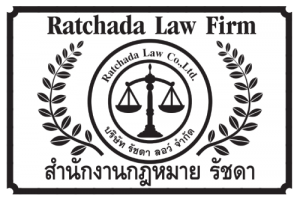The legitimization of children is governed by Civil and Commercial Code which acknowledges that a child born to an unmarried woman is deemed legitimate and the mother has exclusive parental rights to that child.
The natural parents are usually given custody of their illegitimate offspring by the mother having priority. In the past, fathers of illegitimate children had no obligation to support them, but many statutes have modified this law.
Paternity in Thailand is established only by marriage, court action, and government registration. Other than these three methods, a man is not considered the father of a child.
Legitimation is a remedy by means of which those who in fact were not born in the marriage and should, therefore, be considered legitimate, for being supposed that they were born when their parents were already married. Legitimation takes place by the subsequent valid marriage of the parents of the child.
The general rule is that an illegitimate child shall use the surname of his or her mother.
For an illegitimate child to become legitimate, his or her parents must marry and file for a legitimation. Upon legitimation, the child receives the right to use his or her father’s last name.
Legitimation of a child in Thailand commonly arises when unmarried couples have children born out of the marriage. The issues resulting from such relationship are how the father of the child born out of the wedlock can legitimize his child and whether the biological father has any custodial rights over his child.
The legitimation of a child falls under the Civil and Commercial Code of Thailand and this law recognizes that a child born of a woman who is not married to a man shall be deemed to be the legitimate child of such woman only and therefore the mother alone who has the parental rights over that child. However, the biological father of the child is not barred from legitimating the child and such legitimation can be fulfilled by any of the following procedures:
-The subsequent marriage of the biological father and mother of the child;
-By registration made on an application filled by the biological father
-By judgment of the court.
These are the options available for the legitimation of children in Thailand. If you are not certain which is the best option for you and your family, consult a lawyer first before you sign or proceed into any legal direction.
- Marriage between the biological father and the mother
First option for legitimation of a child in Thailand is through the marriage registration between the father and the mother of the child. Upon the marriage registration, the father is required to inform the registrar of a legitimate child along with the marriage registration application. The registrar at the district office will issue a marriage certificate stating that a child is legitimized by the father through the marriage between the parents.
- Administrative Registration
If the father submits an application for legitimation of a child in Thailand with a local district office, the mother and the child must express their consent to the application.
By judgment of the court
However, if such consent is not given by the mother and the child within 60 days after the said filing, or the mother or child raises an objection that the applicant is not the father of the child, the father has to file the petition of legitimation of the child to the applicable court.
In order for the court to grant legitimation of a child, the father is required to prove one of the following grounds:
- The mother of the child was raped, abducted or illegally confined by the father of the child during the period when conception could have taken place;
- The mother of the child was eloped or seduced by the father of the child during the period where conception could have taken place;
- A document emanating from the father shows that he acknowledged the child as his own;
- The father notified the birth of the child to the birth registrar, and his name as the father of the child appears on the birth certificate of the child, or such notification was made with the knowledge of the father;
- Evidence proves that the father and the mother of the child openly cohabited during the period when conception could have taken place;
- Where the father had sexual intercourse with the mother during the period when conception could have taken place, and there are grounds to believe that he or she is not the child of another man;
- There are facts showing the relationship between the father and the child such as the fact that the father has provided the child’s education or maintenance, or that he has allowed the child to use his family name.
- In addition, other evidence to support the application of legitimation of a child in Thailand could be the DNA test results, photographs of the father and mother showing that they were together while she was pregnant, witness statements confirming that the father has made it known publicly that the woman is pregnant with his child, and evidence proving that he has paid hospital bills or other expenses for the mother and the child.
- Once the judgment of the legitimation of a child is pronounced, the father can register the legitimation of the child at the local district office where the child has domicile. Additionally, if the petition for the legitimation of a child includes the custody issue, the court will decide whether the father is suitable to exercise the custody rights over the child in the same case.
A child born of a woman during wedlock or within three hundred and ten days after the termination of the marriage is presumed to be the legitimate child of the husband or the man which used to be the husband, as the case may be.The provisions of paragraph one shall apply to a child born of a woman before the marriage has been announced void by the final judgment of the Court, or within three hundred and ten days as from the date of such final judgment.In case where the woman had made the new marriage and gave birth to a child within three hundred and ten days as from the day of termination of the marriage, the child shall be presumed to be the legitimate child of the new husband, and no presumption under Section 1536 saying that the child is the legitimate child of the former husband shall apply; provided that there is a judgment pronouncing that the child is not the legitimate child of the new husband.
In case where the man or woman had made the marriage against Section 1452, a child born during such marriage shall be presumed to be the legitimate child of the husband who has last marriage entered into the Marriage Register.In case where the woman had made the marriage against Section 1452, the presumption in Section 1536 shall apply; provided that there is a final judgment pronouncing that the child is not legitimate child of the husband who has the last marriage entered into the Marriage Register.
In case where the child is presumed to be the legitimate child of the husband or the man who used to be the husband under the Civil & commercial Code Section 1536, Section 1537 or Section 1537 or Section 1537 or Section 1538, the husband or the man who used to be the husband may repudiate the child by entering an action in Court against the child and the mother jointly, and providing that he did not cohabit with the mother of the child during the period of conception, that is to say, the period extending from the one hundred and eightieth day to the three hundred and ten day inclusive, prior to the birth of the child, or that he could not have been the father of the child on other grounds of impossibility.
The action may be brought against only the child if at the time of entering the action the mother of the child is not alive. Where the child is not alive irrespective of whether the mother of the child is alive or not, the Court may be requested to declare that the child is not his legitimate child. In case where the mother of the child or the heir of the child is still alive, the Court shall send a copy of the request to the said person and may, if it thinks proper, send also a copy of the request to the Public Prosecutor for consideration of proceeding the case on behalf of the child.
An action for repudiation of a child cannot be entered by the husband or the man used to be the husband if it appears that the latter causes to have the birth of the child entered in the Birth Register as his legitimate child or arranges or agrees to have it entered in the Birth Register.
An action for repudiation of a child shall be entered by the man who is or used to be the husband within one year after the birth of the child. In any case no such action can be entered later than ten years after the birth of the child.
In case where there is a judgment pronouncing that the child is not the legitimate child of the new husband under the Civil & commercial Code Section 1537 or of the husband in the last marriage under Section 1538, if the husband of the man who used to be the husband and is presumed by Section 1536 to be the father of the child, he shall enter the action within one year since the final judgment became known to him.
In case where the man being or used to be the husband who has entered an action for repudiation of the child, died before the case becoming final, a person who has the right of inheritance together with the child or a person whose right of inheritance would be deprived on account of the birth of the child, may file a motion to substitute himself or may be summoned to substitute for the deceased.
An action for repudiation of a child can be entered by a person who has the right of inheritance together with the child or by a person whose right of inheritance would be deprived on account of the birth of the child in the following cases:
- the man who is or used to be the husband died before the expiration of the period within which the action could have been entered by him;
- the child was born after the death of the man who is or used to be the husband. The action for repudiation of the child under (1) must be entered within six months since the death of the man being or having ever been the husband becoming known to that person. In any case no such action can be entered later than ten years after the birth of the child.
The provisions of the Civil & commercial Code Section 1539 shall apply to the entering of an action for repudiation of the child, mutatis mutandis.
A child may request the Public Prosecutor to enter an action under the Civil & commercial Code Section 1536 for repudiation to be legitimate child of the husband of his or her mother if it becomes known to the child that he or she is not an inherited child of the husband of the mother.
In entering the action under paragraph one, if it becomes known to the child before he or she becoming sui juris that he or she is not the legitimate child of the husband of his or her mother, no action can be entered by the Public Prosecutor after one year as from the date of his or her becoming sui juris. If it becomes known to the child after his or her becoming sui juris, no action can be entered by the Public Prosecutor later than one year since the day when the facts come to his or her knowledge.
A child born of a woman who is not married to a man is deemed to be the legitimate child of such woman.
A child born of the parents who are not married to each other is legitimate by the subsequent marriage of the parents, or by the registration made on application by the father, or by a judgment of the Court.
When legitimation is applied for by the father, the child and the mother must give consent to the applicant.
In case where the child and the mother do not appear before the Registrar for giving the consent, the Registrar shall notify the child and the mother of the father’s application for registration. If the child or the mother raises no objection or does not give the consent within sixty days after the acceptance of the notification by the child or mother, it is presumed that the child or the mother does not give consent. The period of time shall be extended to one hundred and eighty days in case where the child or the mother has been outside Thailand.
In case where the child or the mother raises an objection that the applicant is not the father, or does not give the consent, or is unable to give the consent, the registration for legitimation must be affected by a judgment of the Court.
After the Court had pronounced a judgment effecting the registration of the legitimation and the judgment has been produced to the registrar for registration, the Registrar shall affect the registration.
When the registrar has notified the child and the mother of the application of legitimation under Section 1548, notwithstanding whether the child and the mother will object to the application under Section 1548 or not, the child or the mother may, within a period of not more than ninety days since the notification reached the child or mother, notify the Registrar to make a record that the applicant is not a suitable person for exercising partly or wholly the parental power.
Although the registration of legitimation under Section 1548 had been made, if there has been a notification of the child and the mother under paragraph one, the child’s father will not be able to exercise partly or wholly such parental power as had been notified by the child or the mother until the court will pronounce a judgment effecting the child’s father to exercise partly or wholly the parental power, or a period of ninety days had elapsed since the registrar was notified by the Child or the mother of the unsuitability on the party of the applicant for registration of legitimation to be the person unsuitable for exercising a part of the whole of the parental power.
In case the court pronounces a judgment that the applicant for registration of legitimation is not the suitable person for exercising a part or the whole of the parental power or be the guardian.
In case where there is an objection to the applicant for registration of legitimation on account of not being the child’s father, if the applicant for registration of legitimation has brought an action to the court for a judgment effecting him to be the child’s father. The child or mother may apply to the court in the same case for an order to the effect that the applicant for registration of legitimation is not a suitable person for exercising a part or the whole of the parental power even though he is the real father of the child. In such case, the provisions of paragraph three of Section 1599 shall be applied mutatis mutandis.
In case the child has no mother or has mother but the latter has been deprived partly or wholly of her parental power and the other person has been appointed by the Court to be guardian partly or wholly before the registration of legitimation.
The father who causes the registration of legitimation having been entered may, if he thinks that for the benefit of the child, he should be the person exercising the parental power partly or wholly, apply to the court for an order effecting the deprivation of a part of the whole of guardianship from the guardian opinion of the court, exercise the parental power for bring about more happiness and interest to the child. The court may give an order effecting the deprivation of a part or the whole of guardianship from the guardian and making the father to be the person exercising the parental power.
Any interested person may, within three months from the time when the registration of legitimation comes to his knowledge, apply to the court for cancellation of the registration on the ground that the person at whose instance the legitimation has been registered is not the father of the child. In any case, no such action may be entered after the lapse of ten years since the date of registration.
- Where there is a rape, abduction or illegal confinement of the mother during the period when conception could have taken place;
- Where there has been elopement or seduction of the mother during the period where conception could have been taken place;
- Where there is a document emanation from the father and acknowledging the child as his own;
- Where it appears in the birth register that the child is a son or daughter of the man who notified of the birth, or such notification was made with the knowledge of the man;
- Where there has been open cohabitation of the father and the mother during the period where conception could have been taken place;
- Where the father had sexual intercourse with the mother during the period when conception could have been taken, and there are grounds to believe that he or she is not the child of another man;
- Where there has been a continuous common repute of being a legitimate child. Their status resulting from continuous common repute of being a legitimate child is established by means of facts showing the relationship of father and child, as evidenced by the child’s connection with the family to which he claims to belong, such as the fact that the father has provided the child’s education or maintenance, or that he has allowed the child to use his family name or other facts.
In any case, if the man is found unable to be a father, the case shall be dismissed.
The action for legitimation may be brought by the legal representative of the child if the child is a minor of not yet completed his fifteenth years of age. In case there is no legal representative or the legal representative cannot perform his duties, a closed relative or the public prosecutor may apply to the court for appointing a representative ad litem to bring the action on behalf of the child.
After attaining the age of fifteenth years old complete, the child has to bring the action himself and need not obtain consent of the legal representative.
After attaining the age of sui juris, the action has to be entered within one year from the day of becoming sui juris.
In case the child is dead during the time has right to bring an action for legitimation, his descendant may enter an action for legitimation. Should the descendant know the ground of the action for legitimation before the death of the child, the action would have to be entered by the former within one year from the death of the child should the ground of the action for legitimation become known to the descendant after the death of the child. However, the action would have to be entered within one year as from the day; the said ground came to his knowledge; provided that is cannot be entered after ten years have elapsed since the death of the child.
The provision of paragraph one and paragraph two shall apply to the action of legitimation entered by the minor descendant mutatis mutandis.
- From the day of marriage in case of subsequent marriage of the parents;
- From the day of registration in case where the registration of legitimation is made by the father;
- From the day of final judgment in case of legitimation pronounced by the court, provided that it may be set up to the prejudice of the rights of third persons acting in good faith, unless it has been registered according to the judgment.
As regards the action for legitimation of the deceased having been entered within the period of prescription for claim for inheritance, if the court adjudges the child to be legitimate, he is entitled to inheritance as a statutory heir. In case where the estate has been divided the provisions of the Civil & commercial Code concerning Undue Enrichment shall be applied mutatis mutandis.
After registration of legitimation has been made, it cannot be revoked.
The child born during marriage is deemed to be legitimate, even though the marriage has been subsequently cancelled.
